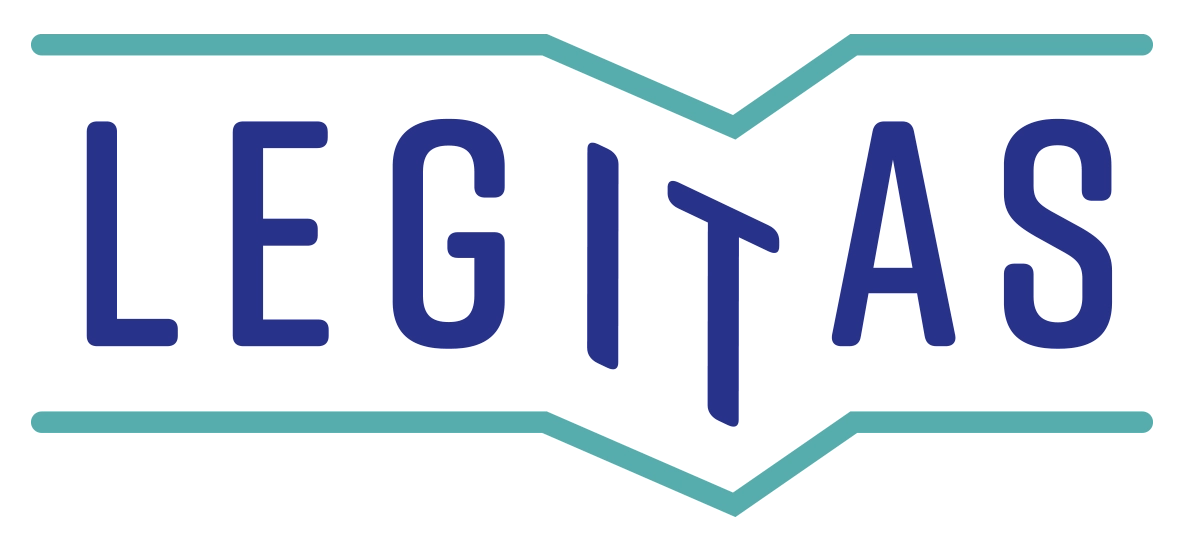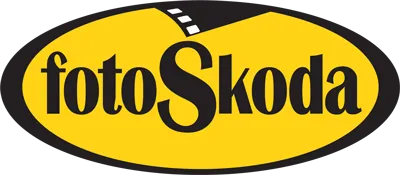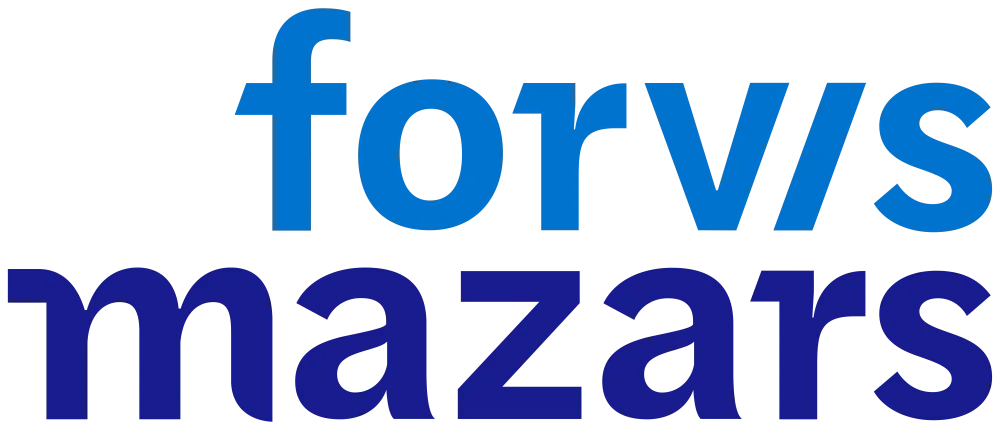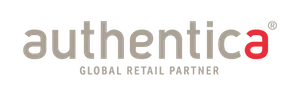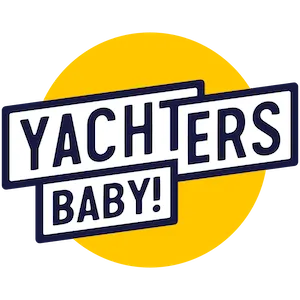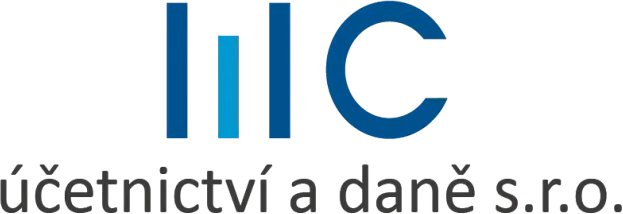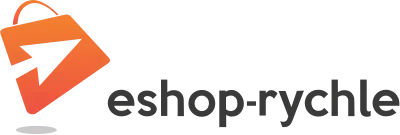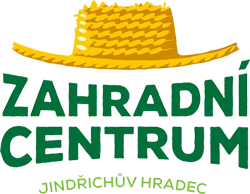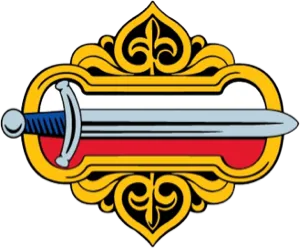Published:
Every month, more than 10,000 iconic 3D printers leave the gates of Prusa Research to bring joy to their owners in 160 countries around the world. But not many people know that under Josef Prusa's wing, not only printers were created, but also a prototyping workshop for people with a vision and a desire to create - PrusaLab. To make the connection between the „maker“ community and the experienced project team as effective as possible, PrusaLab was looking for a tool that was capable enough, yet easy to use. They found it in Freelo.
"PrusaLab's new activities during the pandemic made us more interested in effective communication and project management."
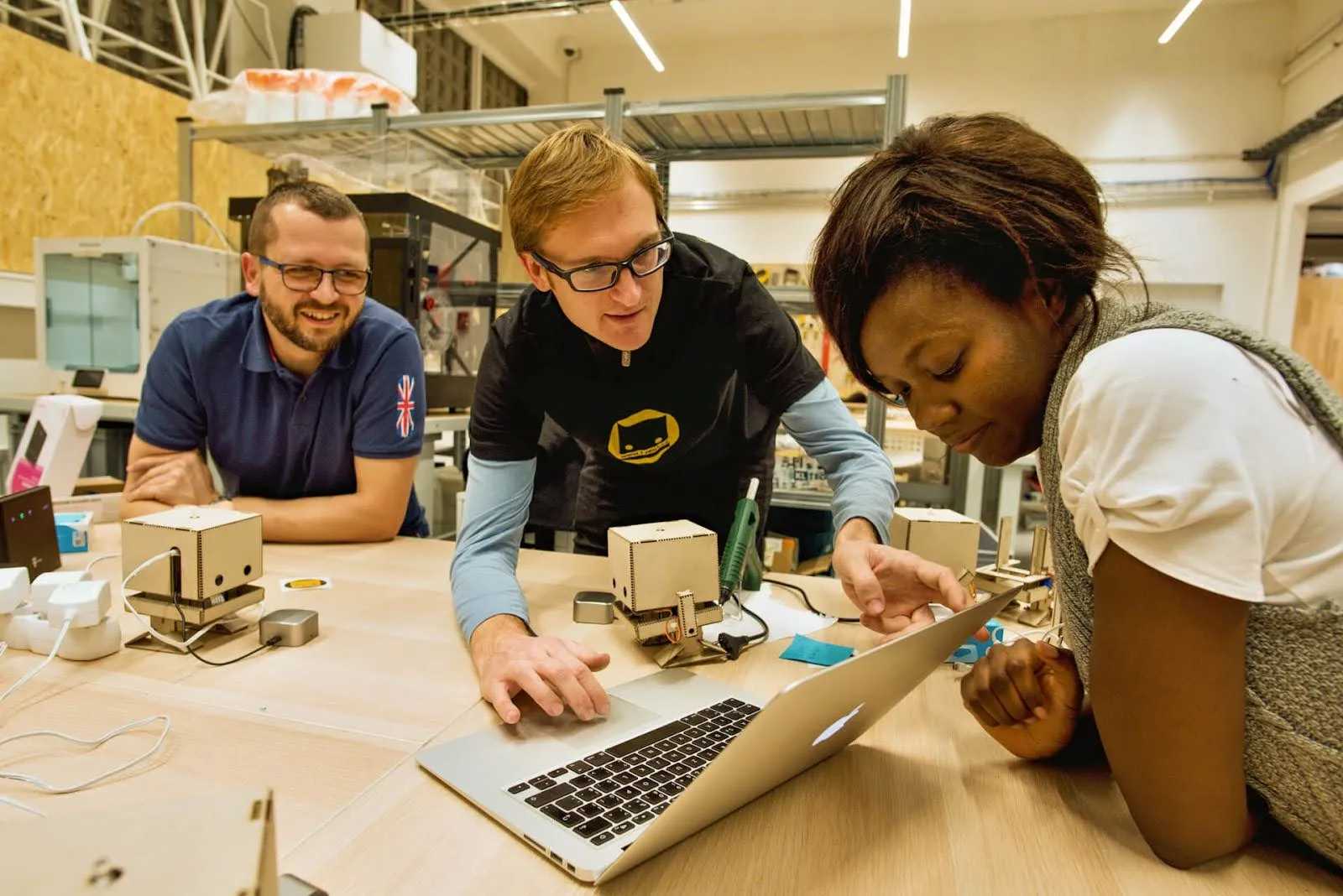
PrusaLab started operations in 2018 as an open workshop. Josef Průša wanted to create a quality environment and start giving back to the maker community he himself came from.
The term maker is based on the English verb „to make“ = to make, to make, to give rise to. It is used for a person who makes, creates, builds and assembles - no matter what. He is a kind of DIY 2.0 because, unlike our dads and grandpas, he combines his „hardware“ inventions with electronics and computers. Sometimes he also programs and uses smart technology.
But the pandemic has necessitated a transformation. The workshop was closed to the public during the covid and reoriented towards custom production. After the covid, it reopened in a modified form - for less carefully selected members. At the same time, an acceleration programme was launched, where promising projects involving the production of a hardware product receive intensive support. The aim is to fine-tune the prototype so that it is ready for mass production and market launch. As well as to support the startup team with mentoring from different business areas.
"Makers, DIYers, architecture and design students and entrepreneurs develop their projects in PrusaLab. We like to share our experience and try to cultivate the Czech maker scene."
The PrusaLab team includes experienced designers for whom concepts such as work processes, effective communication and are not dirty words. Moreover, they are close to technology. So it was clear that they won't be writing orders down in a notebook (either paper or Excel).
At the same time, they wanted to accommodate their less technical colleagues and not to use the cannon on sparrows. Freelo clearly emerged from these demands.
"I knew Freelo from a previous job. I knew it was easy to use and could do everything we needed, so we decided to switch."
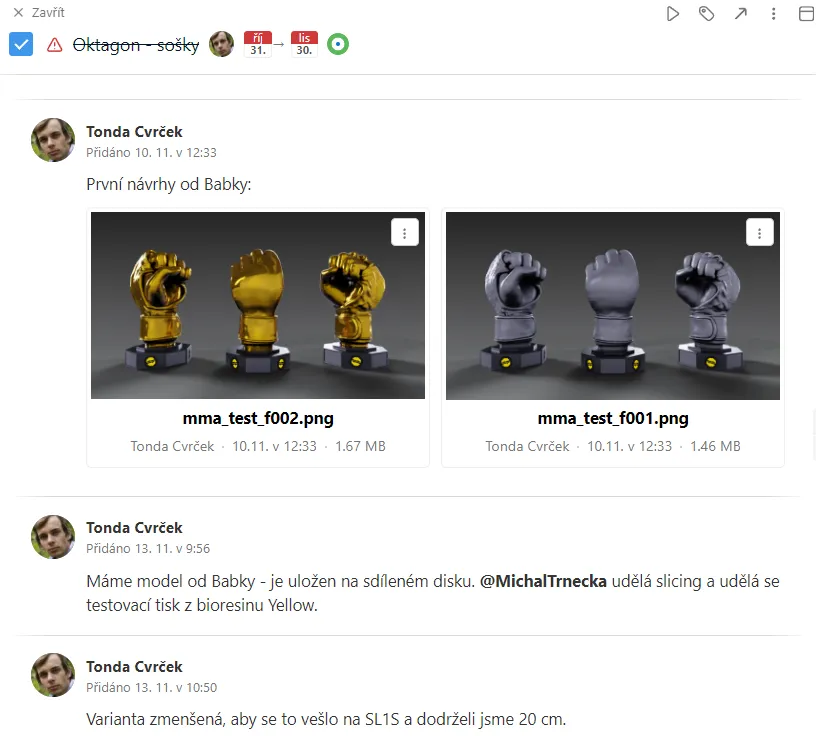
In less than a year, the PrusaLab team in Freelo has managed to:
The implementation was relatively fast and without any problems. „Previously we used a similar program from a competitor, but unfortunately we did not find it as user-friendly as Freelo. So the people in the team were used to using a similar program and the only thing we had to deal with was transferring the data to Freelo and getting used to its features and appearance. But since everything is very easy and intuitive, it didn't take long," comments Jiří Tyl on his experience.
"The basic workflow was carried over from the previous program and therefore remained almost the same. But we quickly got used to the more intuitive user interface."
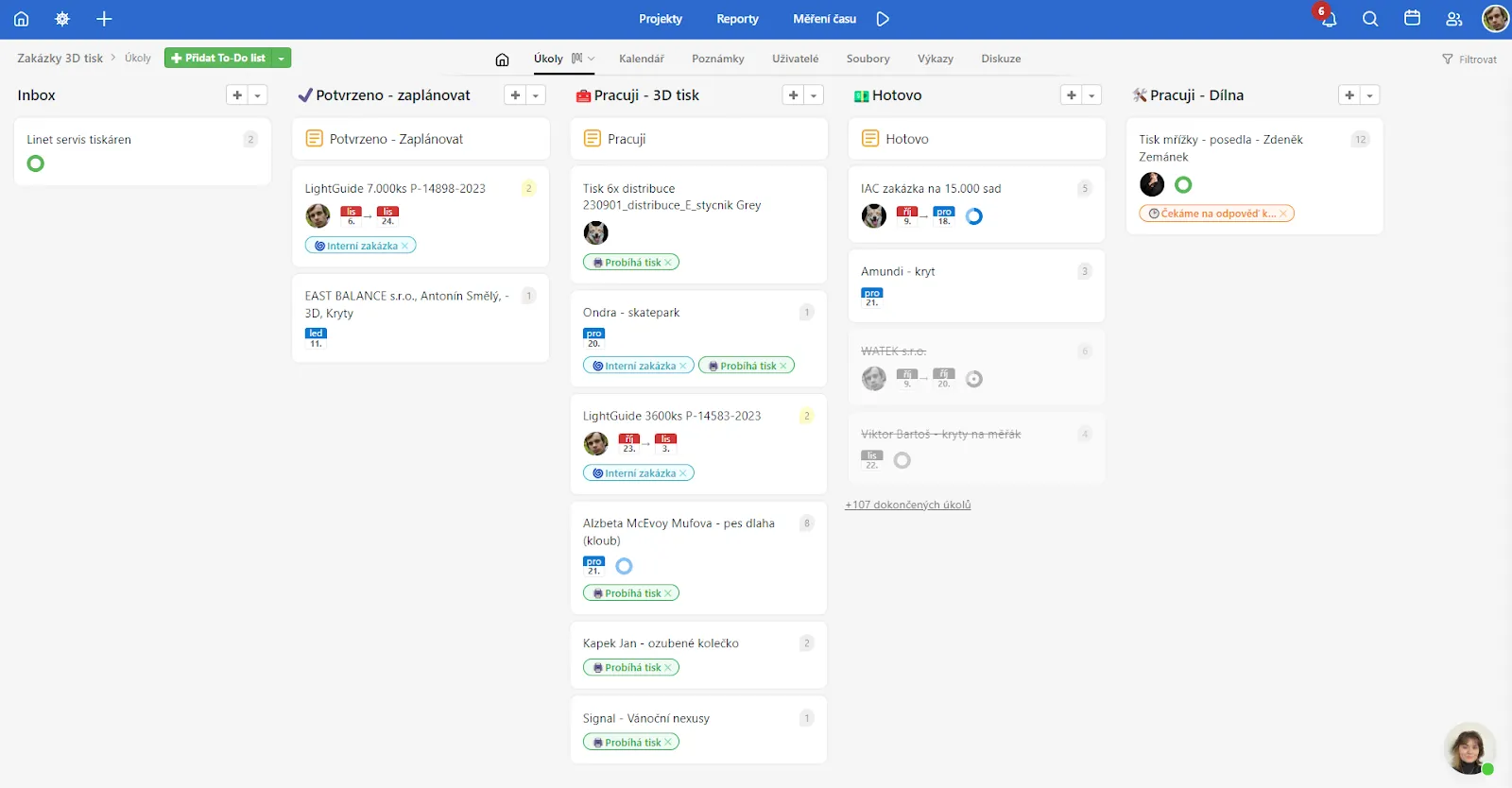
The team works simultaneously on both longer-term projects and recurring operational tasks, and Freelo helps to combine all of these activities. At regular team meetings, they go through each project and thanks to Freelo's visibility, project managers can see the current status at a glance and plan the way forward. For example, they are currently developing new piggy banks for the Help the Children fundraiser that will take place in 2024.
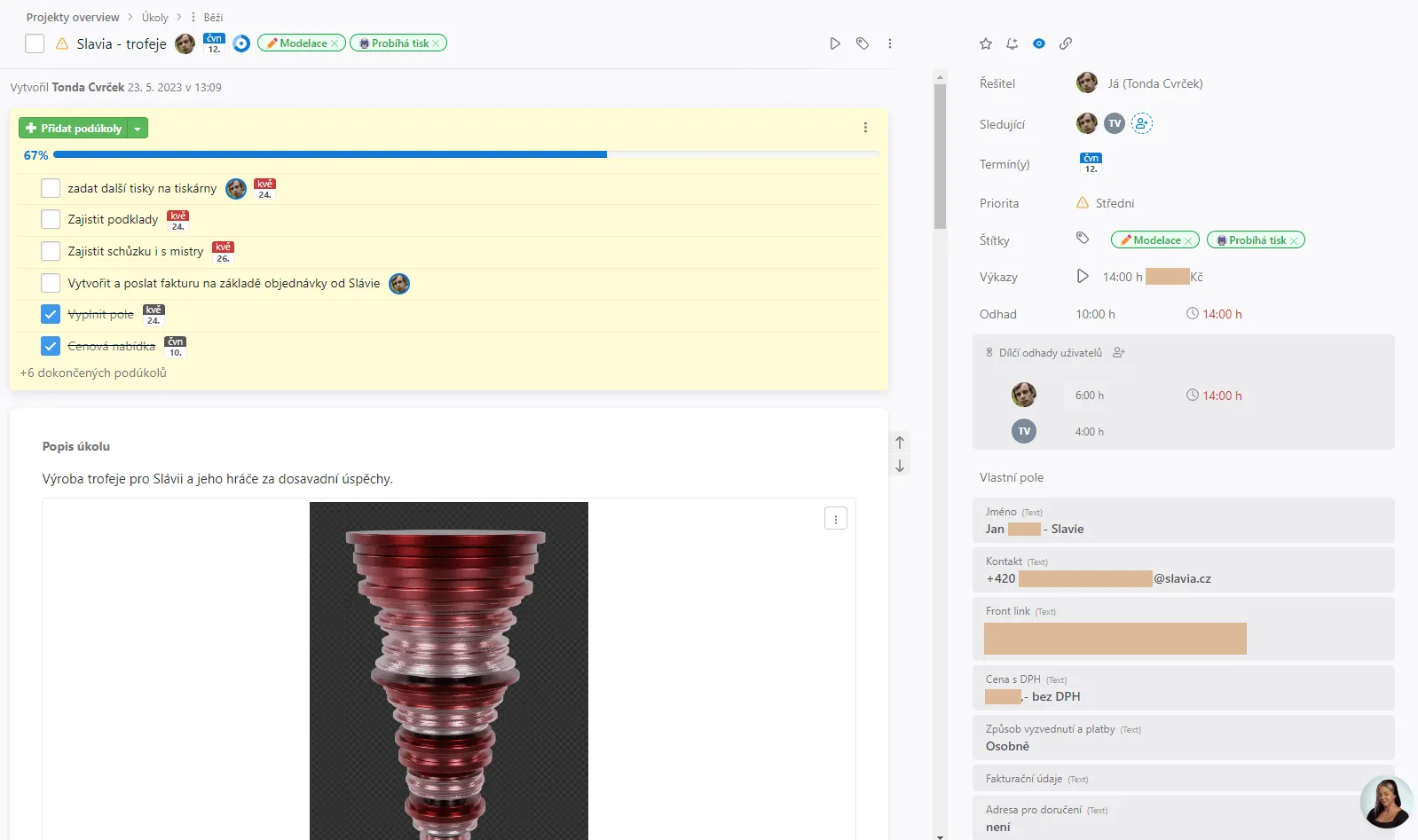
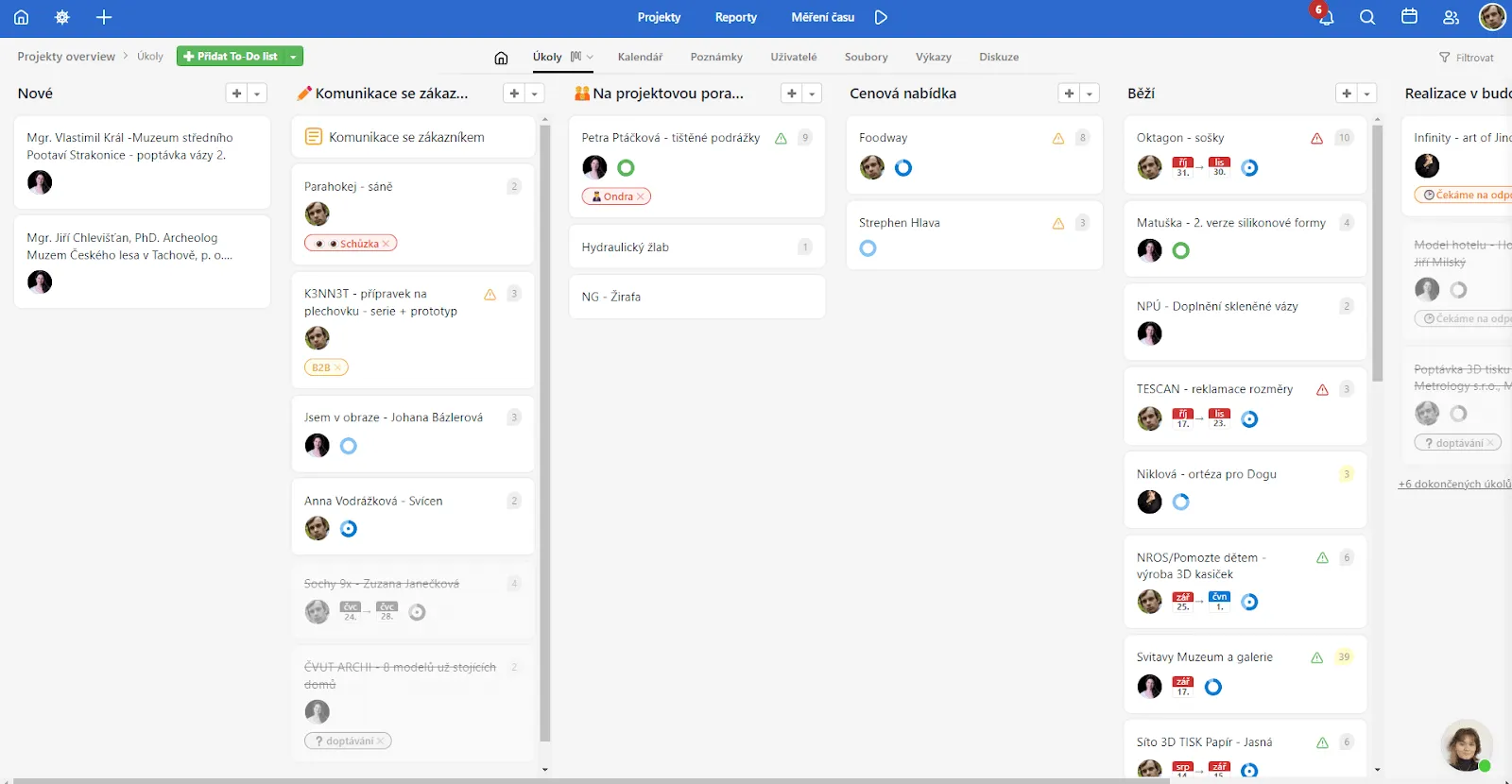
During communication about this case study, Jiří Tyl confided that they would welcome the opportunity to write tasks for other projects. This is a feature that is on the roadmap for 2024. In fact, Freelo does listen to feedback.



